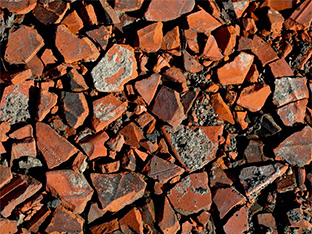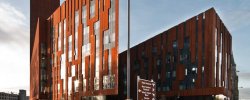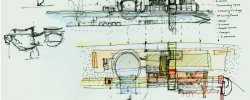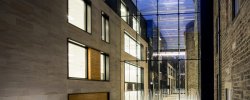Buildings in Cardiff

Please note: This MSc programme is also available for study by distance learning over one, two or three years.
This course aims to offer knowledge and expertise for specialising in the design of comfortable and healthy environments in and around buildings, regardless of climate, and with due regard to sustainable issues. This is an area of expertise often tending to fall between the normal professional interests of architects and engineers. Project work is an important component of the scheme, and is intended to emphasise practicalities and develop the necessary working skills.
Special Features
- Based on research strengths of the School.
- Intended for all members of the building design team
- Encourages an understanding of both the principles and application of its subject.
- Provides a practical grounding in the subject for professionals.
- Gives students a broad understanding of aspects of environmental design that they are likely to meet in practice.
- With sufficient career experience, prepares students for leading roles in their respective professions
- Available for full-time and part-time study and for study by distance learning.
- The MSc Environmental Design of Buildings is accredited by the Chartered Institute of Building Services Engineers (CIBSE) and meets the academic requirements for CEng professional registration.
Course Description
There are six taught and two project modules in the first stage of the course. The modules approach the subject from a variety of angles that are intended to cut across the integrating threads of heating, lighting, acoustics and sustainability, including:
- The given conditions facing environmental designers, including future conditions implied by climate change.
- The environmental standards to be achieved, and their prediction, measurement, and legislation.
- Ways of achieving high standards of environmental performance that make appropriate use of the building fabric and of mechanical services.
- Broader issues that environmental designers should be aware of in order to practice in a sustainable way.
The course syllabus and its project work address good practice in climates around the world. In the second stage, students prepare a research dissertation, in which they are able to pursue in greater depth an aspect of the subject that interests them.
Assessment Methods for this course include written examination, project work and a dissertation.
Course Structure
The programme is delivered in two stages:
Stage 1 has taught and project modules for which 120 credits are available.
The course shares 60 credits of core taught modules with a suite of architectural science masters. These modules provide a grounding in architectural science, while placing this in the context of sustainable development and environmental performance of buildings.
Alongside this core set of modules, 60 credits of modules reinforce this teaching with a focus on the climatic environment, the internal building environment and the passive design strategies as well as by providing the opportunity to apply the ideas taught in class to problems which, whilst not real, exercise a similar range of skills to a real problem.
Stage 2 has one dissertation module, for which 60 credits are available.
Full time students take stages 1 and 2 in one year. Part-time students take stage 1 in either two or three years, depending on the pathway for which they are enrolled, and undertake stage 2 at the end of their final year.
Tutors:
Other contributors:
Teaching and Assessment
Each module employs a different mix of teaching methods as is appropriate to the subject matter and the method of assessment. Access to teaching material is through the Cardiff University’s Virtual Learning Environment (VLE), Learning Central. Reading material is supplied through links on the VLE in the form of set texts and e-books. Appropriate use is made of audio-visual support, animated demonstrations, and interactive exercises as necessary to aid learning and implementation of some subject-specific skills. Students have access to, and are expected to view/listen to, recordings of lectures or demonstrations given at Cardiff University that are related to the locally offered MSc Environmental Design of Building programme. Short tasks are set to give students opportunities for individual study and formative feedback.
In project modules students are offered the opportunity to put into practice many of the ideas they are studying and so to reinforce their understanding and skills in the subject area and to exercise their more generic problem-solving and presentation skills. Tutorials in group settings are held through a chat room. Furthermore, students keep in touch with the module tutor and the other students through an online discussion forum, by which the tutor will be able to supervise the students’ progress as a cohort and individually.
Students receive written feedback on written assessments, and oral feedback on assessed presentations. The opportunity to test knowledge and understanding will also be provided through completion of online tests within the VLE, or through periodic project reviews, or “crits”.
Students have the opportunity to join local students on study visits, if it should be possible for them.
Skills Acquired
The principal aims of the programme are:
- to develop in students the knowledge and ability needed to design healthy, comfortable and secure environments in and around buildings that place a minimal strain on global resources;
- to prepare students for adopting the role of an environmental designer in the building team, and adapting to changing demands on this role as sustainable policies are increasingly supported by the public and by governments;
- to encourage in students an understanding of both the principles and application of the subject, using project work to emphasise practicalities and develop necessary working skills and a research dissertation to emphasise the ongoing development of knowledge.







